James Freedman: Confessions of a Master Pickpocket
At 60 years old, James Freedman is an acclaimed entertainer recognized for his remarkable talent as a pickpocket. His career has seen him lift pockets from prime ministers, two chancellors, the governor of the Bank of England, and the King of England by request. His hands are insured for an impressive £1 million.
Freedman’s acclaimed show, James Freedman: Man of Steal, has become a highlight in London’s West End, attracting full-house audiences. His television presence includes a recurring segment on Channel 5’s Police 5, where he educates viewers about avoiding scams. Additionally, he serves as a consultant for various films, having trained actors such as Helena Bonham-Carter, Sir Ben Kingsley, and Ian McKellen in the art of deception. He also lent his expertise to the BBC drama series Hustle.
In 2015, Freedman was appointed the UK’s first fraud prevention ambassador by the City of London Police. He resides in London with his partner and two children.
How much cash do you usually carry?
For transactions at smaller shops or taxis, I typically carry around £120 in a money clip, alongside two credit cards. I believe cash to be a more reliable option, as I’ve never encountered a notice stating that cash is unavailable.
Which credit cards do you prefer?
I utilize Visa or Mastercard for shops that won’t accept American Express but primarily rely on Apple Pay with my iPhone. Since I travel internationally often, I usually pay by card. In crowded tourist areas, I bring a backup older phone, saving my main one mainly for pictures. I refrain from using a debit card as it reveals to waitstaff where my funds are held. Also, issues with a debit card directly impact your funds, whereas problems with a credit card can be resolved more easily. Changing a credit card number is less cumbersome than altering a bank account.
On one occasion, I noticed a woman on the train using her phone, with her bank and personal details visible. I discreetly took a photo and later found her online. She had posted about her recent pay, inclusive of sensitive details. It’s essential to be cautious: for years I’ve advised against carrying an Oyster card in a wallet, as it unintentionally highlights its location. Furthermore, while on holiday, it’s unwise to display all available cash when making purchases or flaunt expensive accessories that invite theft.
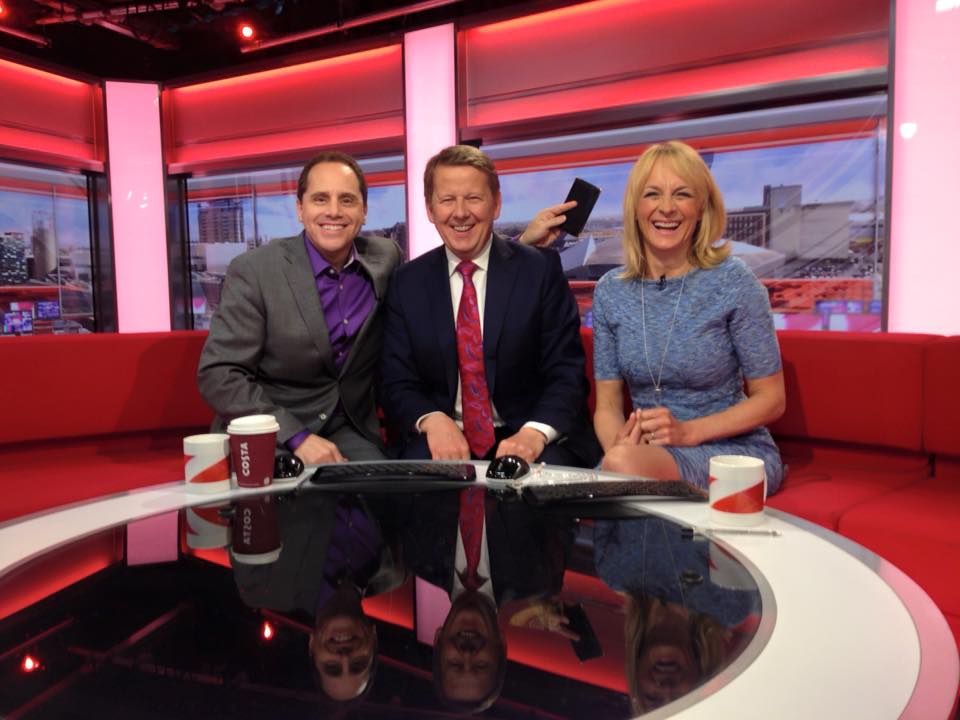
What was your first job?
I started as a lookout for an illegal trader in Croydon, who sold fake jewelry that appeared genuine. At the age of 11, I was fascinated by his sales technique which included clever language to entice customers. He showcased items like pens by pitching them as ‘24-carat gold-plated’ to attract buyers, while I warned him of any incoming authorities.
Showmanship has always been my passion. I began performing magic shows at six, earning small tokens. By 15, my parents accompanied me to events, and I even had a connection with a chauffeur service. I expressed my ambition to a career advisor, but he dismissed my dreams of becoming a magician as impractical. Consequently, I spent 20 years as a chartered surveyor while pursuing magic as a side interest. A seminar in 1994 discussing magic’s business principles inspired me to consult with companies on leveraging magic for business benefits.
By 2000, I transitioned to a full-time career in magic. Financial windfall from a prior employer allowed me a safety net, and soon after I was engaged by Coca-Cola and Sony to revamp the iconic Coca-Cola bottle in the UK, training 50 marketing personnel in the art of magic.
Have you achieved more financial success than your parents?
No, they were more stable; my father was a chartered accountant and businessman, while my path into entertainment has been unpredictable.
When did you first perceive yourself as wealthy?
I’ve never truly felt that way. I calculated my real estate holdings to be over £1 million, yet the typical image of a “millionaire” implies having liquid assets, which I did not possess. Our marketing and training venture started simply, just two of us sharing a desk and wondering how to cover future expenses.
Have you ever faced financial difficulties?
Yes, particularly in the early 1990s when mortgage rates soared to 13.75% while buying my first property at market peak. Facing negative equity made me anxious about meeting financial obligations, leading me to revive my character, James the Clown, during weekends to perform children’s shows alongside my main job.
Do you own any real estate?
Yes, I own two properties: my residence and a rental unit.
Do you invest in stocks?
I previously invested in Thomson Reuters shares but am currently engaged in indirect investments through funds.

What has been your most profitable investment?
British Telecom stocks in 1984 proved extremely lucrative, yielding a 100% return in one day. At university, I invested my grant money in BT shares, which nearly doubled upon the company’s public offering. I sold half immediately but retained shares for free.
What was your wisest business choice?
Deciding to exit the property sector was my best move. Colleagues who stayed may earn more but often appear more stressed and tired. Meanwhile, I flourish in a career that involves exposing frauds. During my show, I showcased my skills by surreptitiously retrieving a wallet, culminating in a demonstration of identity theft.
My website provides numerous safety tips, such as keeping home and car keys separate to avoid tracking and minimizing the presence of sensitive information with your credit cards. I intentionally scratch off the security numbers behind my cards as I commit them to memory. Interestingly, many people still use common PINs like ‘1234’ or straightforward passwords, which are far too easy to guess.
What has been your most regrettable business decision?
I maintain a positive outlook, making it challenging to dwell on past mistakes.
What is your financial vulnerability?
I have several small pensions that remain a bit of a mystery to me.
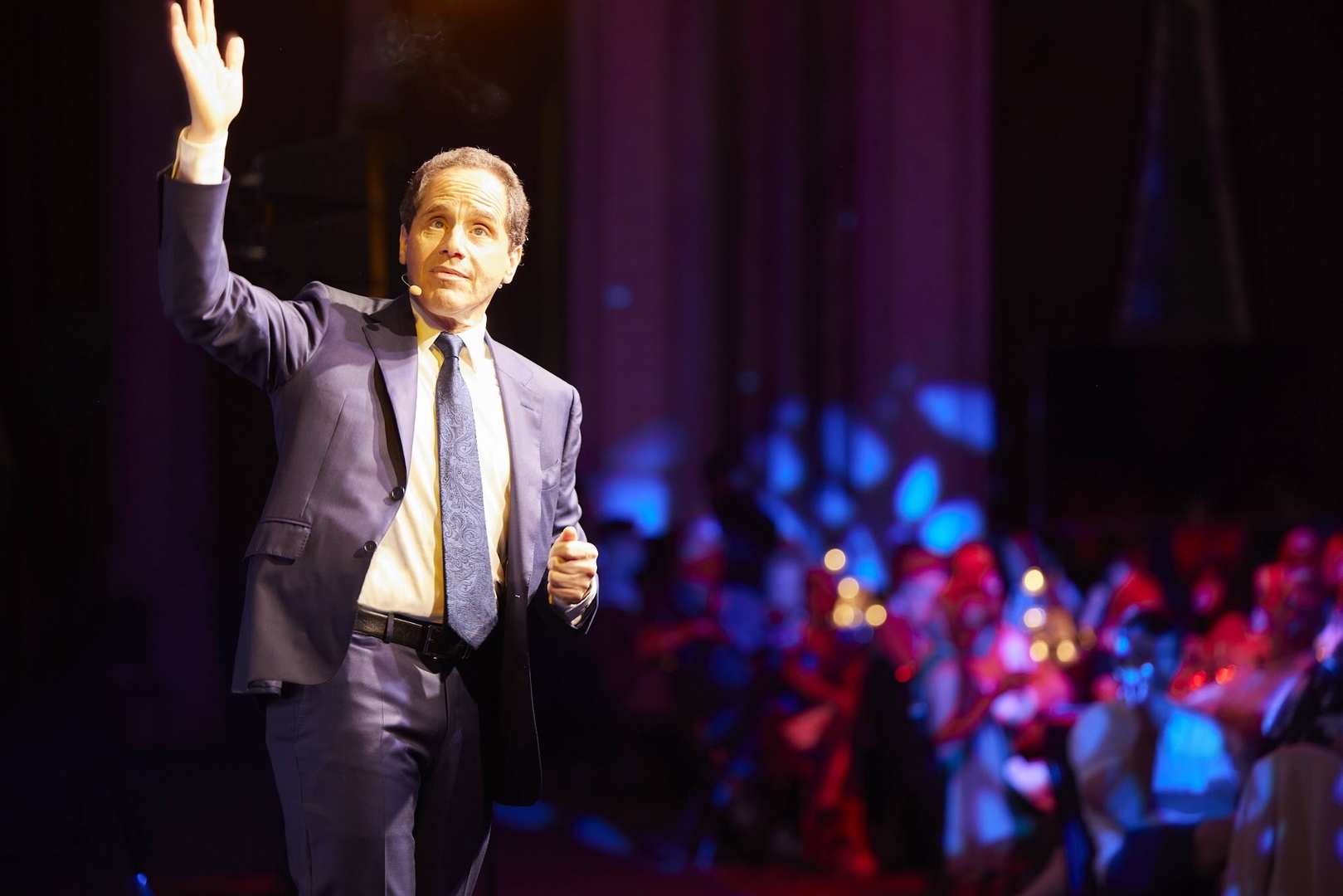
What financial lesson have you learned?
When purchasing a washing machine, I realized the salesperson was quoting monthly payment figures rather than the total cost. This experience exemplifies how many new car buyers don’t pay upfront. My key takeaway is to avoid purchasing anything I cannot afford outright, as financing often results in unfavorable interest.
Fraud tactics have evolved with technology. Phone calls from shady overseas call centers impersonating tech support or bank representatives utilizing AI techniques to mislead victims are becoming alarmingly common. My advice: always approach unsolicited communications with skepticism. Recently, an employee was duped into transferring HK$200 million to fraudsters who convincingly impersonated legitimate colleagues through deepfake technology. Fraud often boils down to lies: I provide misinformation, and you part with your cash. When in doubt, distract yourself—make a cup of tea to clarify your thoughts before engaging further.
What would you do if you won the lottery?
I would invest in real estate, allocate funds in trust for my children, and contribute to causes I care about. Sadly, I suffered a significant loss last year when my home was burglarized, resulting in the theft of valuable jewelry and family heirlooms.
What was your income last year?
It surpassed that of the previous year, placing me in the higher tax bracket. The pandemic severely impacted my industry since social distancing measures rendered pickpocketing unfeasible. While I managed to stay afloat without a mortgage and with some savings, recovery has been slow as many companies are now opting for virtual engagements instead of large-scale live events.
What has been your most extravagant purchase?
While dining with friends in Paris, a waiter brought over a selection of high-priced cognacs, with glasses costing hundreds of euros. I impulsively suggested we should indulge, despite one friend’s skepticism.
However, I don’t chase fashion trends. One review from my West End performance humorously described my appearance as that of an ‘off-duty accountant.’ This compliment is appreciated, as I prefer blending into crowds rather than standing out. Certain handbag designs can also exacerbate theft risks, as many feature outward-facing flaps.
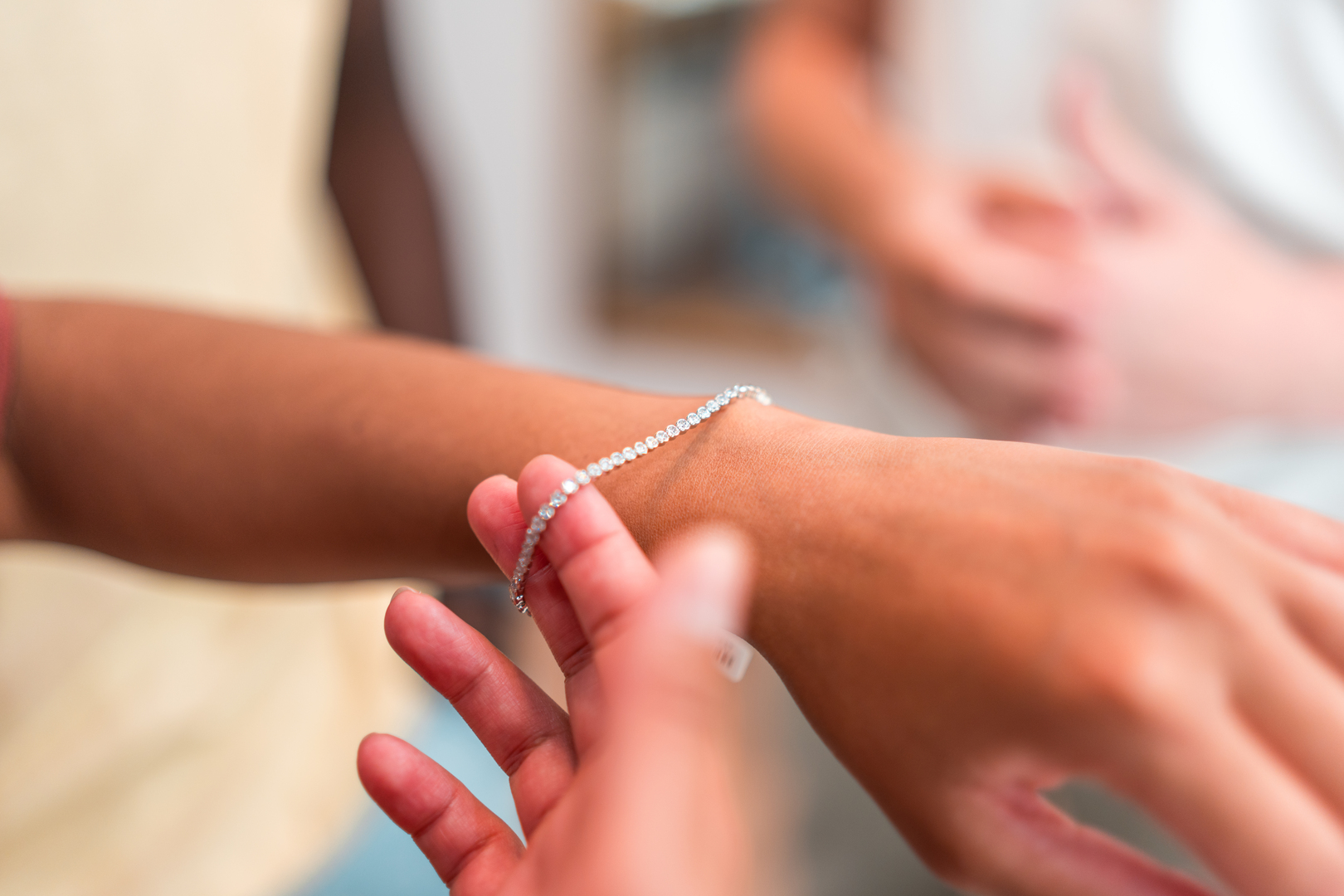
What work has proven to be the most lucrative for you?
Consultancy has been my most profitable avenue. I frequently deliver performances and hold talks centering on fraud prevention for corporate audiences. During a charity event, I jokingly requested the Chancellor of the Exchequer’s wallet, to which he humorously responded against such a public act. Interestingly, my most ‘valuable’ theft involved an antique diamond bracelet insured for £300,000.
In 2009, I once received what felt like an overwhelming sum of £10,000 for a private overseas show. Upon arriving, the client requested a demonstration, which prompted me to magically produce an item from their pocket, confirming their high expectations. They’d been questioning their husband about the financial commitment, but he assured her it would be worthwhile.
Once, I was invited to perform a heist during a wedding, with the promise of £1,500 for the show, doubling if I successfully lifted the best man’s speech from his pocket. I pulled off the trick but never mentioned that the best man had briefly removed his jacket and placed it on a nearby chair.
James Freedman provides live demonstrations of scams, fraud tactics, and identity theft through his shows and lectures.
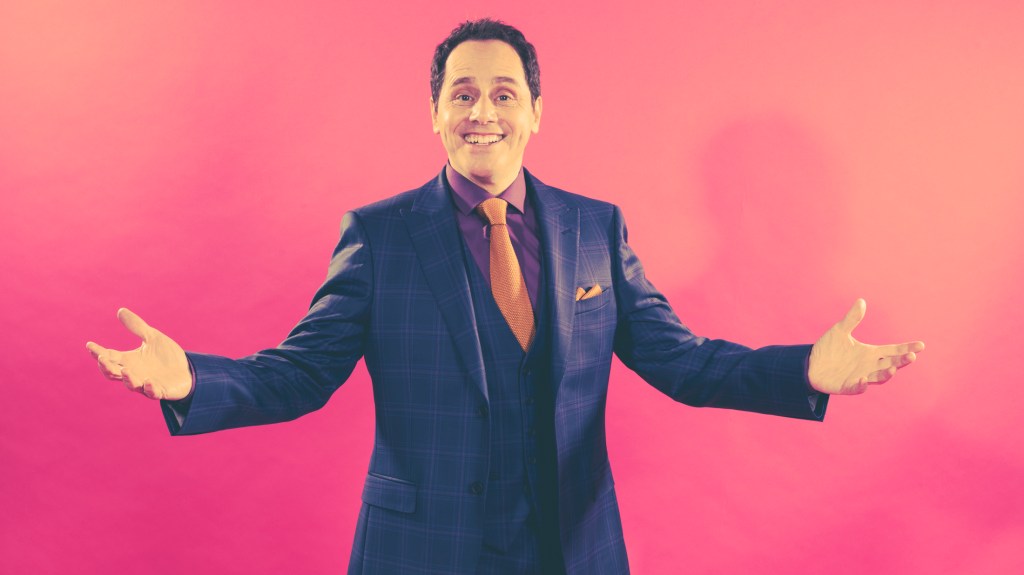
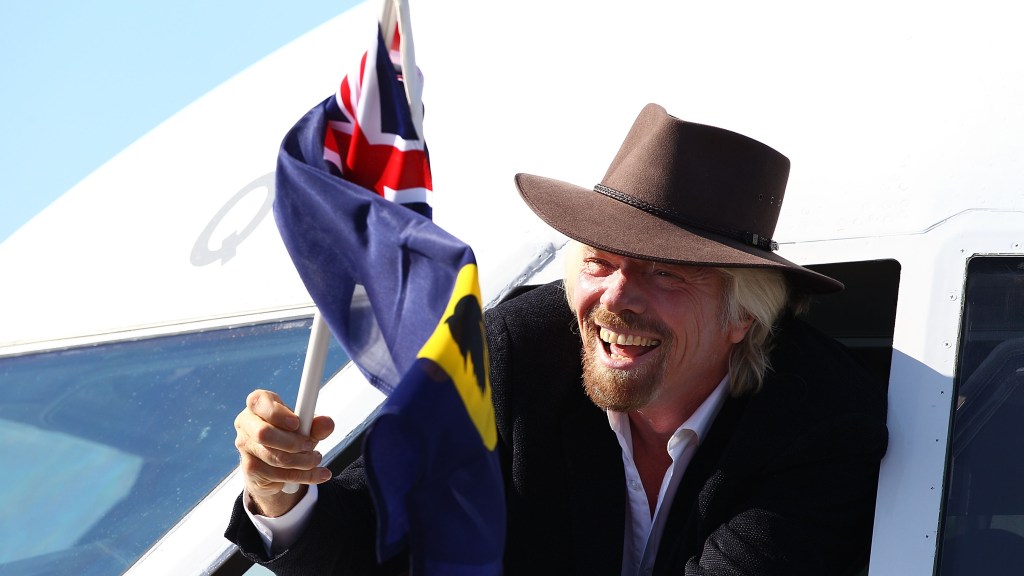
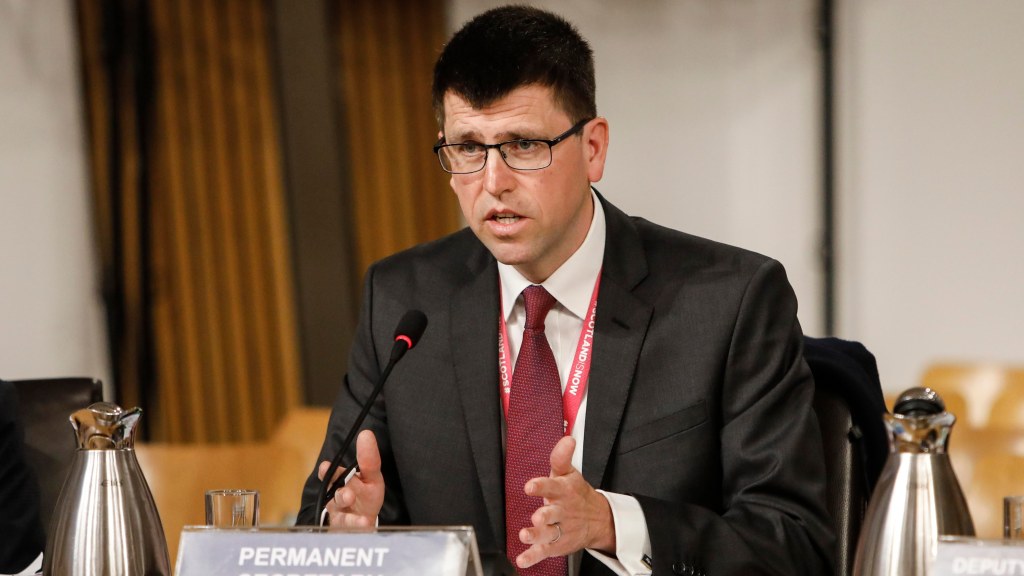

Post Comment